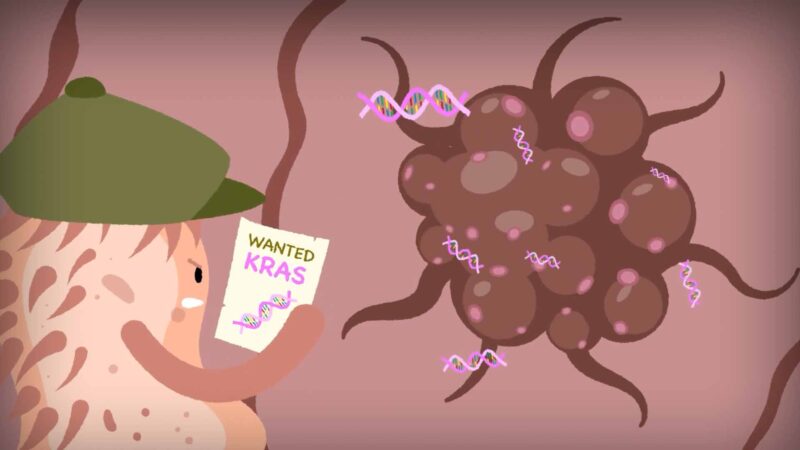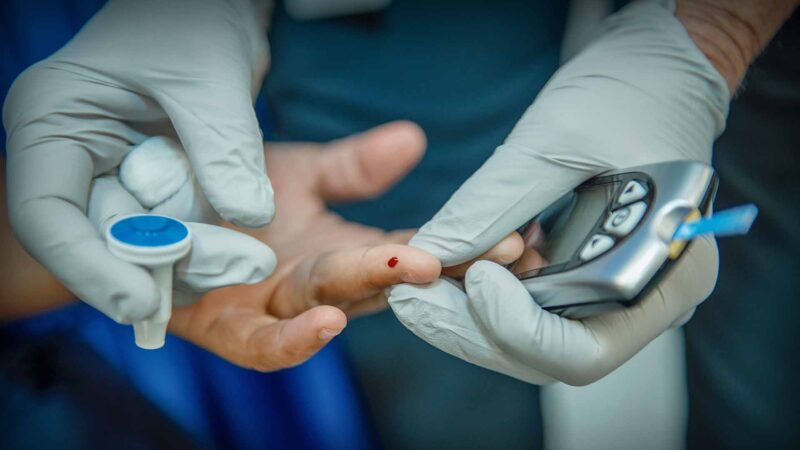Bench Side Story continues with Dr Kelsie Raspin, a dedicated Postdoctoral Research Fellow specialising in Cancer Genetics at Menzies Institute for Medical Research, University of Tasmania, AUSTRALIA
Her primary research focus revolves around bridging a critical knowledge gap in the understanding of genetic alterations implicated in prostate cancer initiation and its progression into metastatic forms.
Driven by an unwavering commitment to equitable access to genomic innovation in clinical cancer care, Kelsie aspires to enhance health outcomes not only for her fellow Tasmanians but also for individuals worldwide.
Kelsie’s research is funded through an RHH Research Foundation grant.
You Might also like
-
Touched by bowel cancer and chasing science outcomes
Dr Josephine Wright is a Senior Research Fellow in the Gut Cancer group. She has been developing a translational network of labs, hospitals and clinics to enable validation of new approaches to prevent and treat colorectal and gastric cancer. Her key focus is studying human tumour organoids to better personalise therapy in cancer.
-
-
Oral administration of insulin for Type 1 Diabetes
Huiwen Pang is a 3rd year PhD candidate in the Australian Institute for Bioengineering and Nanotechnology, University of Queensland, focusing on biomedical health research. Prior to commencing his PhD, Huiwen studied animal genetics in his Masters degree at Huazhong Agriculture University in China.
People with diabetes, especially Type 1 diabetes, largely rely on the insulin injections or insulin pumps to control their high blood glucose levels, which is painful and has a high risk of infections.
Huiwen Pang is conducting research on nano-based drug formulations for Type 1 diabetes treatment, with a focus on using nanomaterials to load insulin for oral administration and employing anti-apoptotic and anti-inflammatory approaches to mitigate damage to beta cells.



